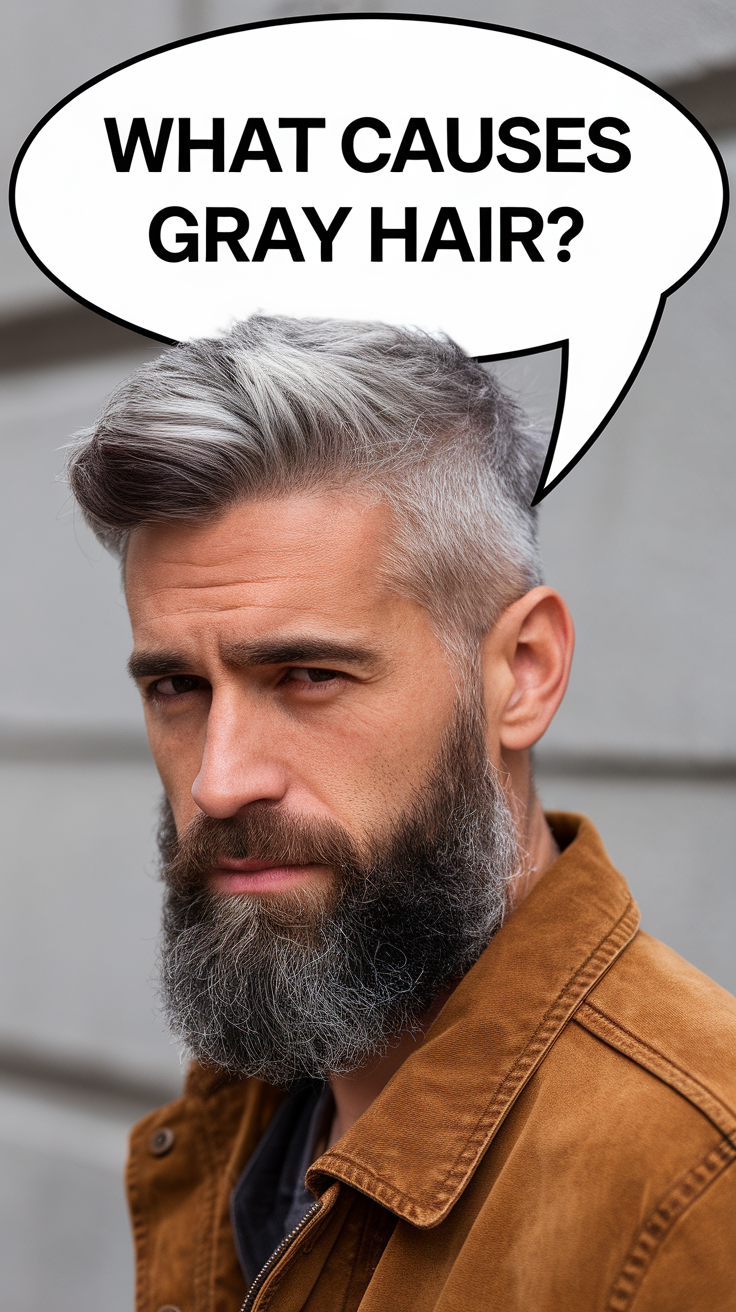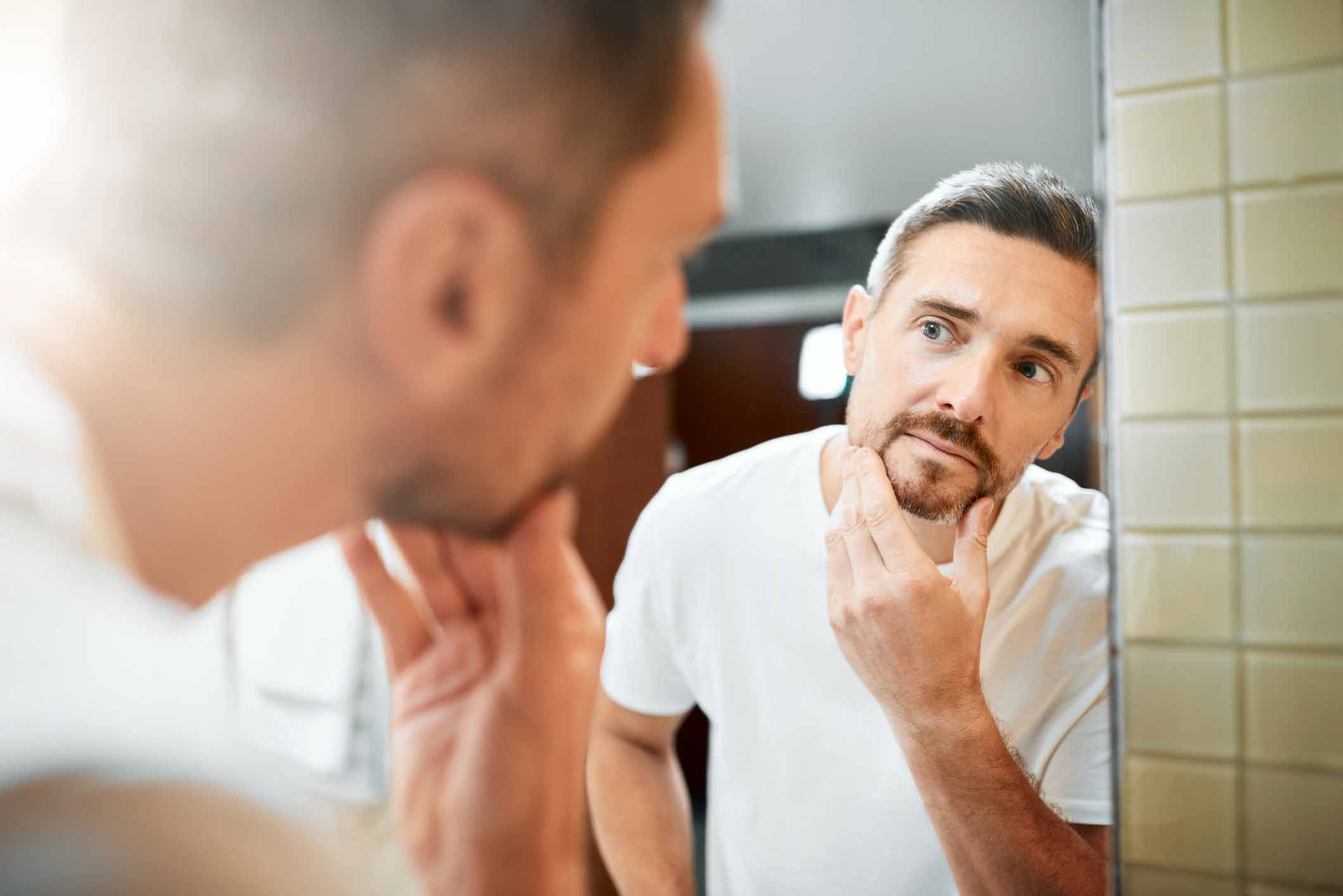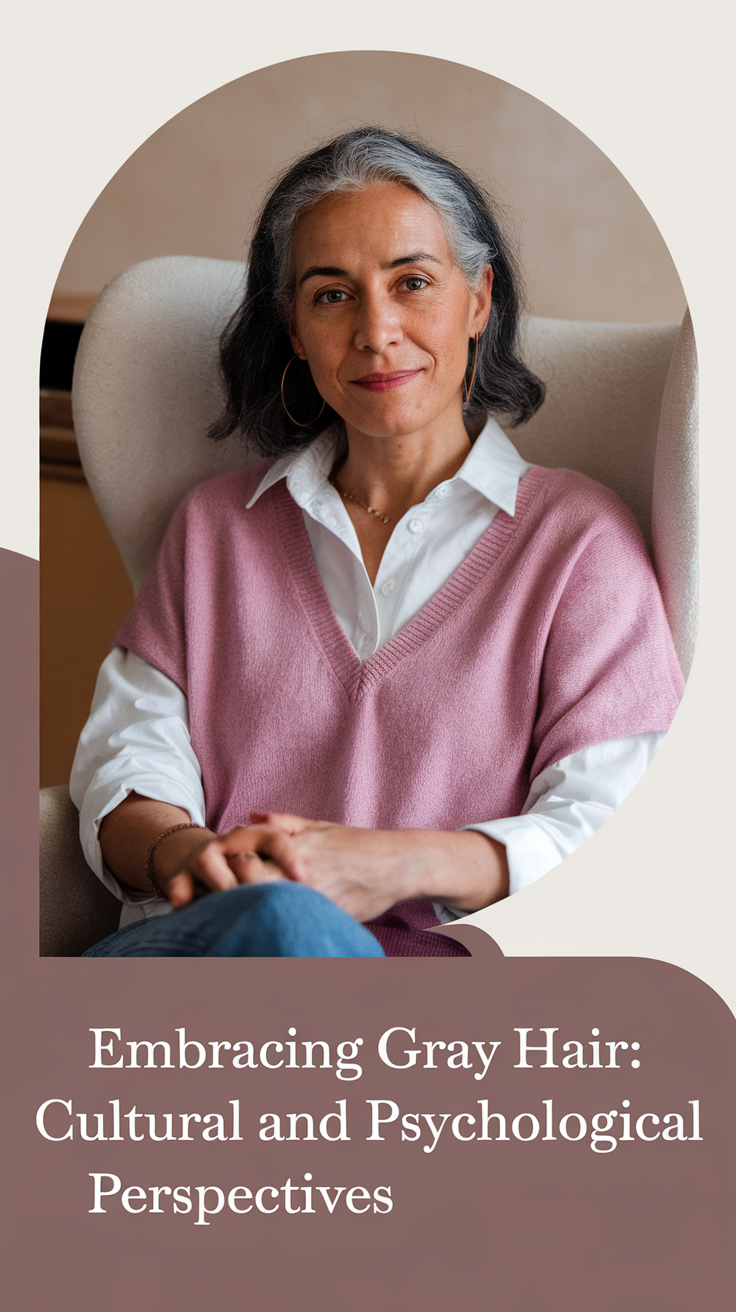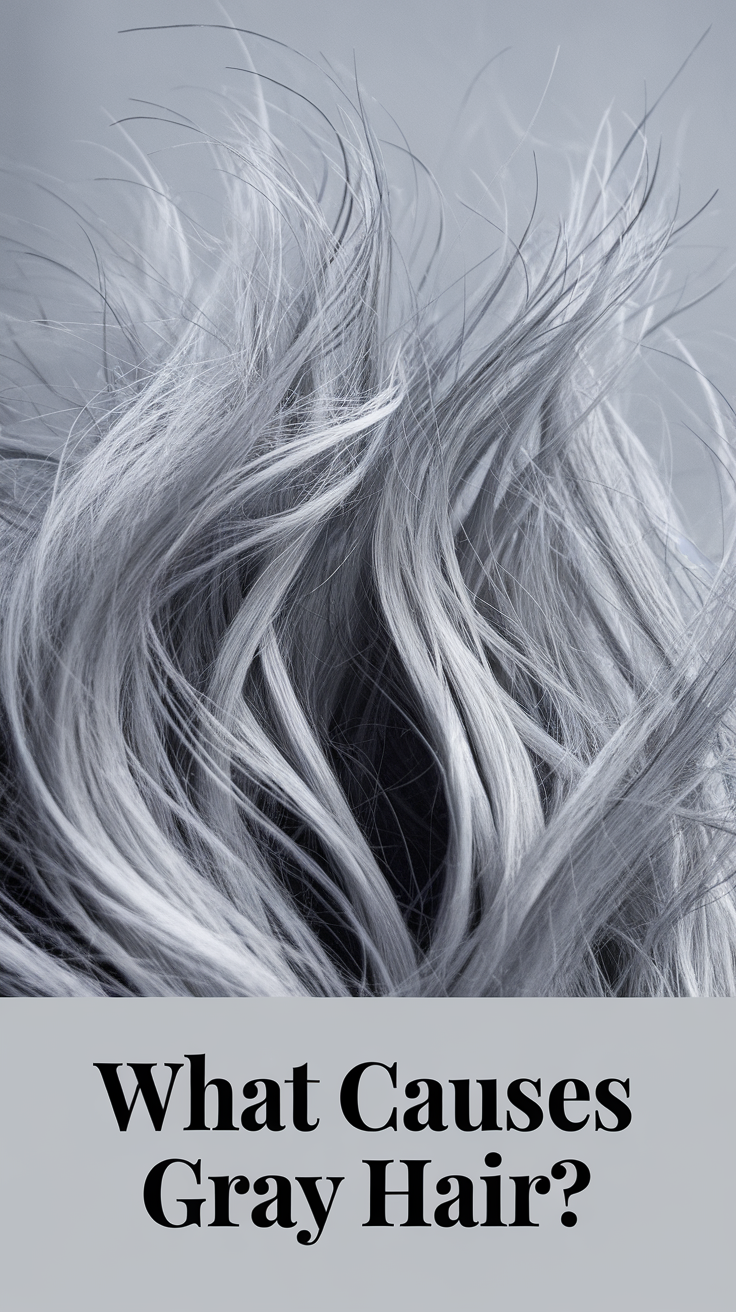What Causes Gray Hair?
Gray hair has always been a symbol of wisdom, maturity, or simply the passage of time. However, spotting those first silver strands can evoke mixed emotions—curiosity, pride, or even concern. I’ve delved deep into this topic, and it’s fascinating how diverse the factors behind gray hair truly are. From genetics to lifestyle, there’s more to it than meets the eye. Let me walk you through everything you need to know about what causes gray hair and what you can do about it.
Causes of Gray Hair
Aging and Genetics
Aging is the most significant and inevitable factor behind gray hair. Our hair follicles contain melanocytes, cells that produce melanin—the pigment responsible for hair color. Over time, these cells slow down and eventually stop producing melanin, resulting in gray or white hair.

Table: Key Genetic and Aging Influences on Gray Hair
| Factor | Effect on Hair | Can You Prevent It? |
|---|---|---|
| Natural Aging | Reduced melanin production | No, but you can slow it down |
| Genetic Predisposition | Determines onset of graying | No |
Personal Perspective:
For me, genetics played a clear role—my parents both started graying in their early 30s. Knowing this helped me focus on care strategies instead of worrying too much.
Oxidative Stress
Oxidative stress occurs when harmful free radicals outnumber antioxidants in the body. This imbalance can damage melanocytes, hastening the graying process. Factors like pollution, poor diet, and stress amplify oxidative stress.
How to Manage Oxidative Stress
- Eat foods rich in antioxidants, such as berries and spinach.
- Incorporate vitamin C and E into your routine.
- Avoid excessive smoking or UV exposure.

Nutritional Deficiencies
Deficiencies in certain vitamins and minerals—like vitamin B12, copper, iron, and vitamin D—have been linked to premature graying. These nutrients are crucial for melanin production and hair health.
Table: Nutrients Essential for Preventing Gray Hair
| Nutrient | Role in Hair Health | Sources |
|---|---|---|
| Vitamin B12 | Supports melanin production | Eggs, dairy, fortified cereals |
| Copper | Helps maintain hair pigmentation | Shellfish, nuts, seeds |
| Iron | Promotes healthy blood supply | Spinach, red meat, beans |
Hormonal Changes
Hormonal imbalances, particularly during menopause or thyroid disorders, can disrupt melanocyte activity. These fluctuations often lead to changes in hair color and texture.
Key Insight: If you notice sudden graying along with other symptoms like weight changes or fatigue, it might be worth consulting a doctor about hormonal health.
Lifestyle and Environmental Factors
Smoking and Stress
Smoking introduces toxins into the body that accelerate oxidative stress, damaging hair follicles. Chronic stress, meanwhile, depletes melanocyte stem cells, causing gray hair.
Simple Steps for Prevention
- Quit smoking to protect overall health and hair.
- Practice stress-reduction techniques like meditation or yoga.
UV Exposure and Pollution
Environmental pollutants and UV rays contribute to free radical damage, which may lead to premature graying. Shield your hair with protective products and cover up in direct sunlight.
Embracing Gray Hair: Cultural and Psychological Perspectives
Gray hair carries different meanings across cultures. In some traditions, it’s celebrated as a mark of wisdom and seniority. However, societal beauty standards often associate youthfulness with dark, vibrant hair, making graying an emotional challenge for many.
Personal Perspective:
I’ve embraced my gray strands as a badge of experience and individuality. It’s liberating to shift the focus from external appearance to self-confidence.
Prevention and Treatment Options
Dietary and Lifestyle Changes
- Maintain a diet rich in antioxidants and nutrients.
- Manage stress effectively.
- Avoid smoking and environmental pollutants.
Emerging Research
Scientists are exploring treatments like stem cell therapy to regenerate melanocytes. While no definitive solutions exist yet, advancements in cosmetic products, such as melanin-boosting shampoos, offer temporary fixes.
FAQs
1. Can gray hair be reversed?
Currently, gray hair cannot be reversed. However, addressing nutritional deficiencies or health conditions might restore some pigmentation.
2. Does stress directly cause gray hair?
Chronic stress can accelerate the process but doesn’t immediately turn hair gray.
3. Are there natural remedies for gray hair?
Certain remedies like amla and curry leaves may support pigmentation, but scientific evidence is limited.
4. How can I delay gray hair?
A nutrient-rich diet, stress management, and UV protection are key to delaying graying.
5. Is plucking gray hair harmful?
Plucking doesn’t lead to more gray hairs but can damage follicles, possibly leading to thinning or bald patches.
Conclusion
Gray hair is a natural part of life influenced by age, genetics, lifestyle, and environmental factors. While we can’t completely avoid it, understanding its causes empowers us to manage it better. Whether you choose to embrace your grays or explore preventive measures, the key is to prioritize healthy habits and confidence.


